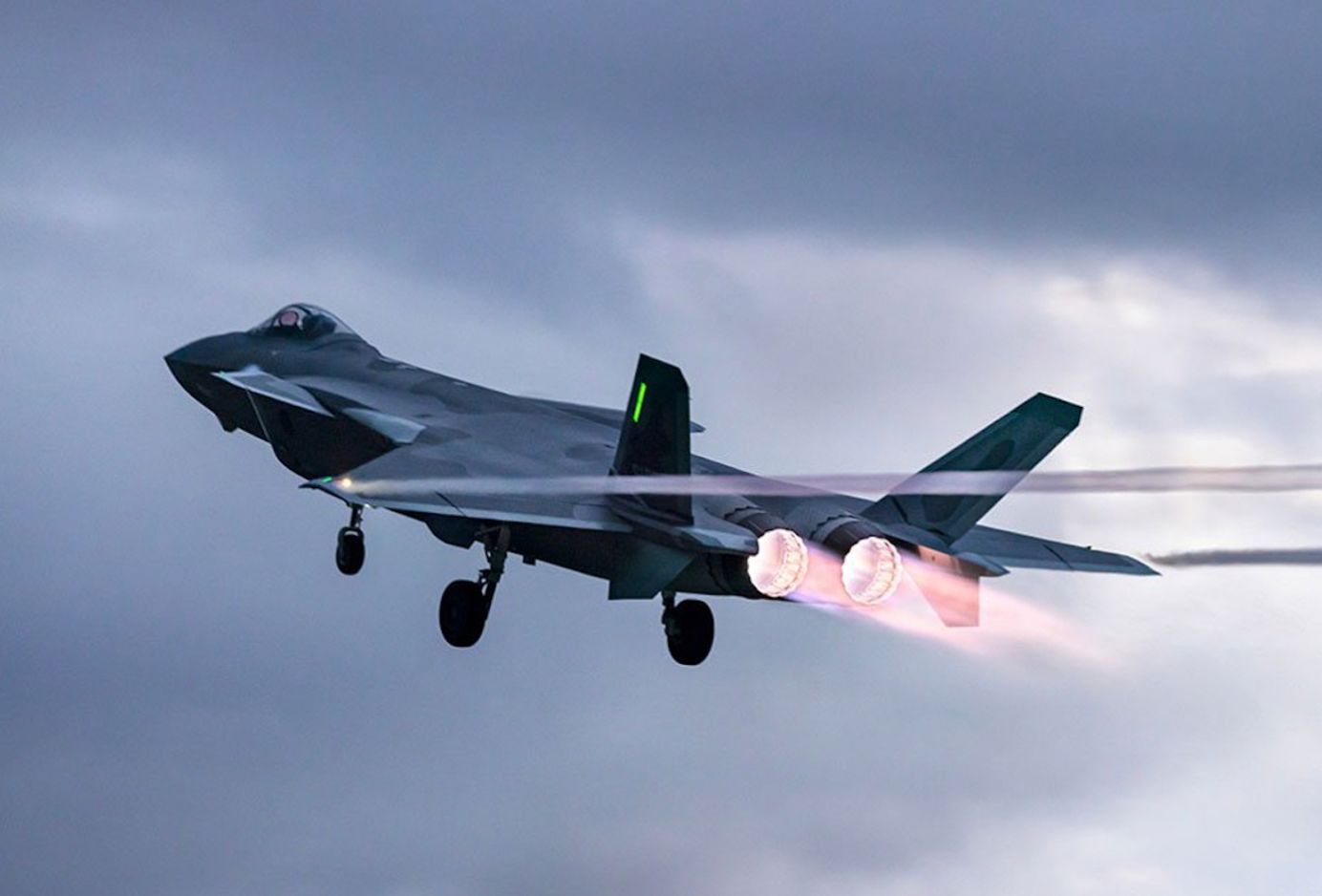Will the US under Joe Biden make things harder for India by unnecessarily poking into the Kashmir issue? Kashmir has been a major flashpoint between India and Pakistan and many experts believe that the new Biden administration would want to discuss both business and human rights with New Delhi.
China’s BRI Dream Could Turn Nightmare As Myanmar Puts ‘Roadblocks’ Before Key Infra Projects
While a section of ‘liberal’ press, especially the US media, has been harping on the Kashmir in a bid to remind Biden that as a true Democrat, he must pay heed to the “large-scale” human rights violations in the Valley, the new President is unlikely to make any major change in its policy vis-à-vis India.
On the other hand, it’s Pakistan which could expect a sudden turn of events, and Imran Khan’s hope of finding solace in Joe Biden may be dashed given there is plenty of bad news for Islamabad.
The latest blow came from India as it is going to chair three key committees of the UN Security Council (UN) – the Taliban Sanctions Committee, the Counter-Terrorism Committee (CTC), and the Libyan Sanctions Committee.
It’s a bold and clear message to Islamabad that things could get ugly if it does not mend its ways. Pakistan’s double standards with regard to Afghanistan are out in the open. While it has been actively involved in the US-brokered Afghan peace process, Pakistan is also accused of sheltering militants fleeing the war-ravaged country.
Earlier, a UNSC report said around 6,500 Pakistani terrorists are operating in Afghanistan, most of them belonging to the Tehrik-e-Taliban Pakistan (TTP), The EurAsian Times reported.
India grabbed this opportunity to target its ‘bete noire’. “We note with serious concern reference in the Report to the continued presence of the senior leadership of the UN-designated terrorist organization Al -Qaida and its affiliates in Afghanistan; as well as a large number of foreign terrorist fighters, including up to 6500 Pakistan nationals, operating in Afghanistan,” India’s Ministry of External Affairs had said in a statement in June 2020.
Congratulations @JoeBiden & @KamalaHarris. Look forward to President Elect Biden's Global Summit on Democracy & working with him to end illegal tax havens & stealth of nation's wealth by corrupt ldrs. We will also continue to work with US for peace in Afghanistan & in the region
— Imran Khan (@ImranKhanPTI) November 7, 2020
“This vindicates India’s long-standing position that Pakistan remains the epicenter of international terrorism. That proscribed terrorist entities and individuals continue to enjoy safe havens and recruit, train, arm, finance and operate with impunity from Pakistan with state support,” it said.
And New Delhi will once again turn the heat on its neighbor once it starts chairing the UNSC committees. Besides, Pakistan continues to figure in the Financial Action Task Force (FATF) grey list. The Paris-headquartered intergovernmental body said Pakistan would be under the scanner till the next review in February this year.
FATF found that Pakistan had failed to act against terror outfits proscribed by the UN and delayed prosecution of individuals such as Lashkar-e-Taiba (LeT) leaders Hafiz Saeed and Zaki Ur Rahman Lakhvi. However, Islamabad on Friday sentenced Lakhvi to five years in prison in a terror-financing case, a move India has termed as “farcical”.
One can understand the urgency the Imran Khan government has shown in putting the dreaded terrorist behind the bars, given the fast-changing geopolitical equations, besides the upcoming review of the FATF.
India and the US have accused the LeT of unleashing the 2008 Mumbai carnage, killing as many as 166 people, many of whom were foreign nationals, including six Americans.
Pakistan’s latest move may be a desperate attempt to please the US, but the new administration under Biden could take such a gesture with a pinch of salt. After all, it was Democrat Barak Obama whose administration had ordered the elimination of Osama bin Laden hiding deep inside Pakistan’s territory.
?This week in the UN Security Council:
✅Flag Installation Ceremony for new Members
✅Meeting on Syria Chemical Weapons
✅Signature event of @PmTunisia on 6 Jan with remarks by FS @harshvshringla
✅Decision for ?? to chair 3 Key subsidiary bodies of #UNSC pic.twitter.com/I5JM8bi4gS— India at UN, NY (@IndiaUNNewYork) January 8, 2021
Pakistan’s current predicament is understandable – it’s ‘best friend’ Turkey wants to revive relations with Israel but there is a minor hiccup in the form of Palestine.
“If Israel comes one step, Turkey maybe can come two steps,” the Turkish presidential adviser on foreign affairs, Mesut Casin was quoted as saying by the media.
This has undoubtedly put Islamabad in a Catch-22 situation. No wonder that Pakistan is still spewing venom with regard to Israel as Imran Khan has already said that recognizing the Israeli occupation of Palestine would be akin to recognizing “what India has done in Kashmir”.
The biggest problem with the Pakistani establishment is that it eats, sleeps, and dreams Kashmir while the country, its economy, and the aspirations of people go down the drain – a bitter truth that has been beautifully articulated by Pakistani columnist Ahsan Iqbal by quoting Marxist thinker Antonio Gramsci: “The crisis consists precisely in the fact that the old is dying and the new cannot be born.”
Follow EurAsian Times on Google News




